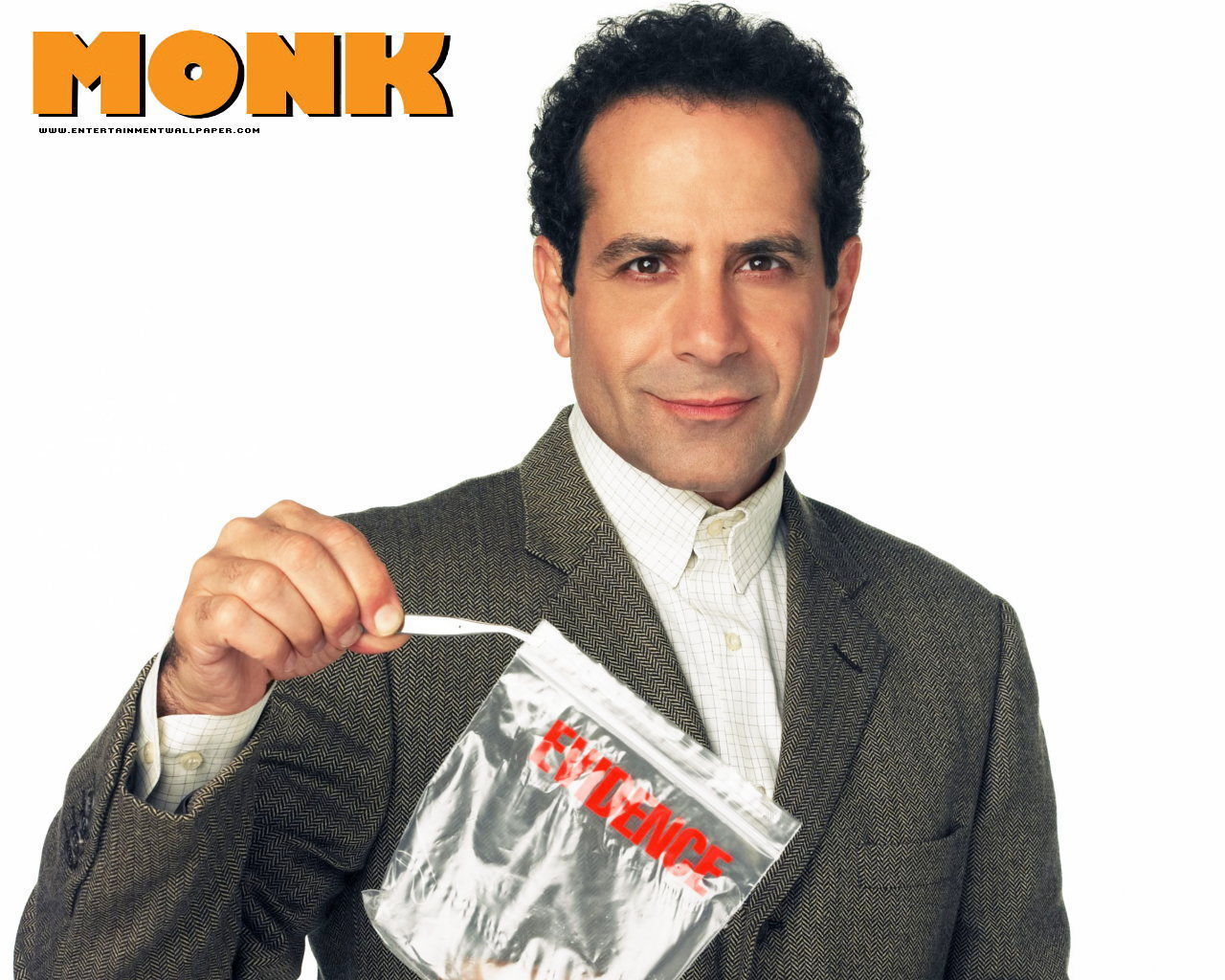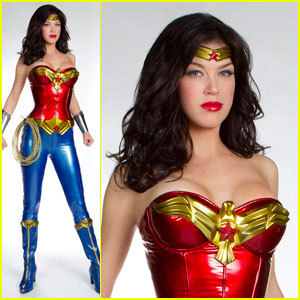I have, or will, cover all these shows sooner or later, but I want to make a case as for why Aspies, or those who know an Aspie, should watch these shows.
Community
A good case could be made for Abed being on the spectrum. He dislikes change, he doesn't get along well with people, and he uses TV as a short-hand for people he will never understand. When he meets Toby, another fan of Inspector Spacetime, Toby even refers to everyone but Abed and him as "Neurotypicals" which is a typical Aspie shorthand for 'person-not-on-the-spectrum.'
The best example in the entire series, could very well be this clip.
It isn't the first time Abed has a meltdown like this too. The following video shows what happens when Abed's space is re-arranged.
Both of these really struck me, having an Aspie sister. I've seen meltdowns like this. It isn't just the meltdowns though. He consistently misinterprets unspoken social mores.
That second clip? That's from the very first episode. It isn't that they created a character to lampshade everything, realized he was on the spectrum, and began to hint at it:
For those who don't have the patience to listen to this (frankly awesome) rap, the pertinent line here is: "Connoisseur of Christmas. On the spectrum? None of your business!"
That's when they're not outright lampshading it:
They clearly intended to have a character with Aspergers from day one.
Bottom-line: For any Aspie that's been feeling maligned and like they'll never make friends, this show can be a walking Crowning Moment of Heartwarming. This is especially with the Heterosexual Life Partners relationship of Troy and Abed. For friends and family of Aspies, seeing what sets Abed off can be a good basic guideline for what not to do. Not specifically, as not every Aspie will get upset if you mix up Star Trek and Star Wars, but in general, like going in and messing with their bedroom without their knowledge or permission.
So, that was quite a start. I'm afraid I don't have such strong follow-ups, but here goes.
Lie to Me
It doesn't nearly have such a strong fan-base as Community, so finding clips to prove my point won't be as easy, but the intro does a lot of the work for me:
If you're an Aspie, pause that video and take notes. The biggest difference between Neurotypicals and Aspies is that Neurotypicals tend to pick up body language unconsciously. It took me a while to consciously realize that when my father's jaw tensed, sometimes so hard it popped out-of-place, that it was a sign of suppressed anger. However, I definitely realized it unconsciously. Every time I saw that subtle movement, I subconsciously reacted.
Aspies don't get that. If an Aspie wants to learn body language, they'd almost have to take a class. This TV show is the most entertaining body-language class I've seen. Clips with pictures such as this:
Show up frequently.
Finally, two weak cases, so I'll be brief.
Sherlock: Sherlock is a very intelligent, not-very-functioning Aspie, who believes he is a Sociopath. If you were to read books like "Look Me in the Eye" you would see this can be a common mistake. He doesn't pick up that Molly adores him, is often downright cruel just through being blunt, and, most notably, carries on conversations with Watson when Watson isn't even there, simply because he hasn't noticed Watson left.
Daria: A show my sister thoroughly enjoys, good for any maligned teen.





